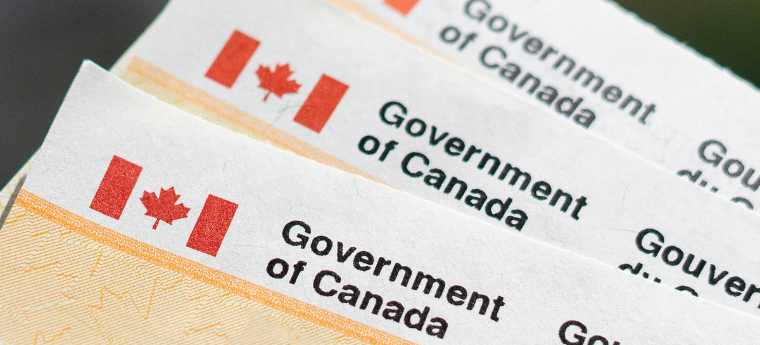Understanding the US/Canada Tax Treaty: Key Insights for Cross-Border Workers
Navigating the US/Canada Tax Treaty: A Guide for Cross-Border Workers
Are you a US citizen living and working in Canada, or perhaps a dual resident juggling tax rules from both countries? Understanding the US/Canada Tax Treaty is crucial for anyone dealing with cross-border income. The tax systems in the US and Canada are complex, and the tax treaty between the two nations aims to simplify matters and prevent double taxation.
Here’s a detailed guide to help you make sense of how your taxes work under the US/Canada Tax Treaty and what you need to know about your obligations and benefits.

Understanding the US/Canada Tax Treaty
The US/Canada Tax Treaty is designed to avoid double taxation and resolve issues related to income earned in one country while residing in the other. It allows individuals to claim a credit for taxes paid to the other country, thus avoiding paying taxes twice on the same income.
Key Differences Between US and Canadian Tax Rules
- US Tax System: The US taxes individuals based on citizenship, requiring US citizens to file a tax return every year, regardless of where they live.
- Canadian Tax System: Canada taxes individuals based on residency. If you live in Canada, you are taxed on your worldwide income, regardless of citizenship.
Qualifying for US Tax Treaty Benefits
Your eligibility for tax treaty benefits depends on your residential status and where your income is earned. Here are common scenarios:
- US Citizen Living and Working in Canada
- Canadian Tax: You are taxed by Canada on income earned in Canada and worldwide income if you are a resident.
- US Tax: As a US citizen, you must file a US tax return. The treaty helps avoid double taxation, but accurate and timely filing is crucial.
- Part-Year Resident of Canada
- If you live and work in Canada for part of the year, your tax obligations depend on your residency status and the duration of your stay. The CRA considers residential ties and other factors to determine your tax responsibilities.
- Daily Commuter to Canada
- Canadian Tax: As a non-resident, you are only taxed on income earned from Canadian sources. You may apply for an exemption on Canadian withholding taxes.
- US Tax: You must report your Canadian income on your US tax return.
- Dual Residency
- If you are a resident of both countries, you may file tax returns in both. The tax treaty provides tie-breaker rules to determine which country you are primarily resident in, potentially avoiding double taxation.
US/Canada Tax Treaty Exemptions and Rules
- Withholding Rates: The US/Canada Tax Treaty may reduce the withholding tax rate on US dividends from 30% to 15% for Canadian residents.
- Exemptions: US citizens earning under $10,000 in Canada from a non-resident employer may not owe Canadian taxes on this income.
- Tie-Breaker Rules: If you are considered a resident of both countries, the treaty's tie-breaker rules help determine your primary residence for tax purposes.
Key Takeaways
- Tax Treaty Benefits: The US/Canada Tax Treaty prevents double taxation by allowing a foreign income tax credit for taxes paid to the other country.
- Residency vs. Citizenship: The US taxes based on citizenship, requiring all US citizens to file annually, while Canada taxes based on residency.
- Filing Requirements: Understand your residency status to comply with tax obligations in both countries.











